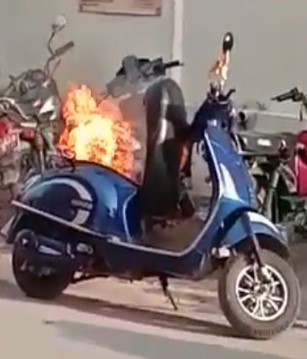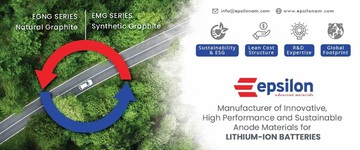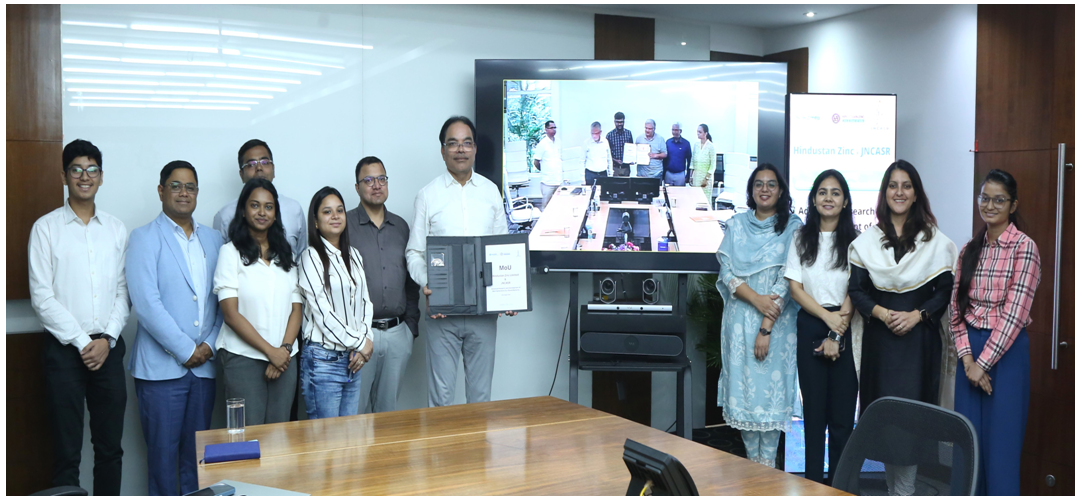EV fires: Govt. to set up new standards for EV batteries
The Consumer Affairs Ministry is likely to set new standards for electric vehicles in India, official sources confirmed on Tuesday.
These measures have come amid reports of several electric two-wheelers catching fire across India and the looming concern over consumer safety.
"There is a rising need to have proper standards and guidelines for EV battery," said officials from the Consumer Affairs Ministry as cited by CNBC TV 18.
"The absence of standardized guidelines for EV batteries needs to be addressed urgently, and in this regard, Consumers Affairs Ministry has started a stakeholder discussion with auto, auto ancillary, battery manufacturers, and industry bodies," officials confirmed.
The Bureau of Indian Standards (BIS) which is the National Standards Body of India is currently working on finalizing the new standards for EV batteries. The newly developed standards will include specifications of size, connectors, minimum quality of cells, the capacity of the battery, and other parameters.
Official sources noted that the new standards will be initially launched for e-2Ws and would gradually be extended to e-4Ws. Once the new battery standards are confirmed, they will be promptly incorporated into the Battery Swapping policy.
New Standards for EV Batteries to Shape Battery Swapping Policy
Recently, NITI Aayog had requested BIS to be the first step in formulating the Battery Swapping policy.
"We have a responsibility towards consumers to provide flexibility and right solutions for EV penetration," said Randheer Singh, Electric Mobility & Senior team member for Advanced Chemistry Cells Program, NITI Aayog, commenting on the latest developments. "BIS standards are the first step towards bringing interoperability in electric vehicles and offering flexibility to consumers."
Singh explained that when the battery is decoupled from the electric vehicle, it essentially brings three things: cost parity as the consumer no longer needs to own an EV battery; two, safety as EV batteries are charged under regulated conditions and handled by OEMs at the charging stations; and lastly, it saves consumers wait-time, as they no longer have to charge their EV batteries for hours but swap them in a few minutes at the charging station.
Dr. Rahul Walawalkar, President of India Energy Storage Alliance (IESA), a leading industry body echoed the same sentiment on battery swapping.
"Through interoperability, common type connectors get standardized so it ensures flexibility to customers," he added.
However, Dr. Walawalkar pointed out that although there are existing standards available for e-2Ws, e-3Ws and e-4Ws they deal with the safety requirements of complete EV powertrain and batteries, and are mainly used for testing where auto OEMs send their best batteries to testing centers.
Based on industry inputs, IESA estimates that the battery swapping policy may take a longer time to be implemented, however in the meantime, NITI Aayog should take necessary steps to eliminate other existing barriers, addressing GST taxation on EVs, etc., which will create a level playing field for battery swapping policy.

























